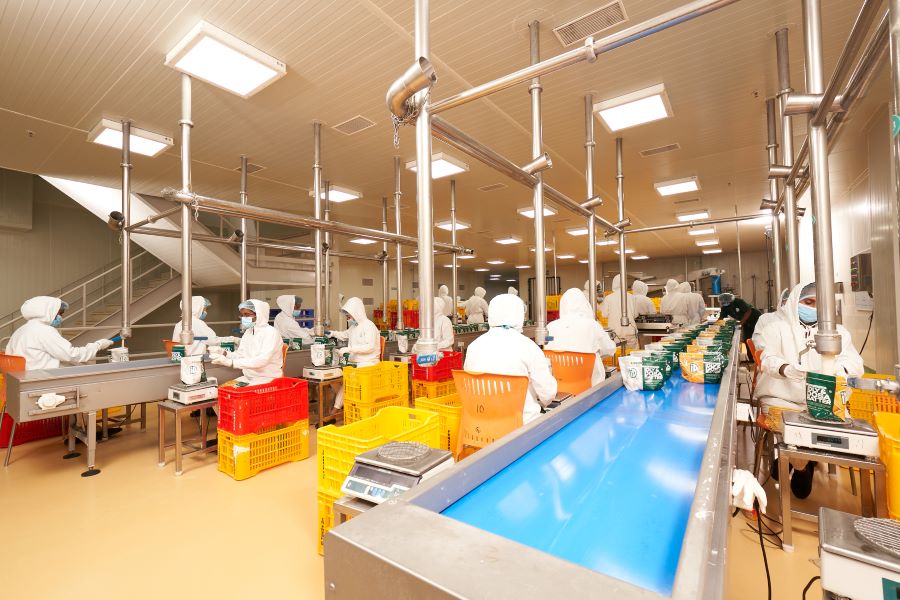
Technology-powered approach has augmented the company’s demand forecasting accuracy by 20-30%, while reducing food wastage by as much as 30%
When a food brand’s USP is 100% natural, high-quality and healthy products, data freshness becomes top priority. iD Fresh Food, India’s fastest growing and innovative fresh food brand, leverages data-driven technologies such as artificial intelligence (AI) and machine learning (ML) to deliver a competitive edge to its business.
“The challenge is to have intelligence that detects and comprehends fast-changing, short-term variables along with slow-moving directional trends,” says Sujeeth Ravindran, CTO, iD Fresh Food. The Bengaluru-based company analyses “real-time data as close as present-day transactions and trends to impact next day’s supply”.
Currently, iD Fresh supplies its products to over 30,000 retail outlets, and every outlet is integrated and geo-tagged. This makes it possible for the company to achieve data freshness at scale, and effectively plan supply as well as logistics, including route optimization to ensure that consumers find fresh products on store shelves.
The data-powered approach has augmented company’s demand forecasting accuracy by almost 20-30%. “It has also resulted in as much as 20% reduction in stock-out losses and over 10% reduction in closing inventory. In fact, by leveraging ML intelligence, we have been able to reduce food wastage by as much as 30%, while building in 5% of stock safety,” says Mr. Ravindran.
The impact of this technology-led efficiency and effectiveness in sheer numbers is massive when we consider iD Fresh Food’s high-scale operations. The growing opportunity presented by data-driven technologies like AI, ML, and deep learning, particularly in the fast-moving consumer goods industry, is redefining the supply chain, inventory management, as well as consumer experience.
“We use Kronoscope, a Fountain9 advanced solution, to help us with daily demand predictions and replenishment planning at all levels, and offer the same intelligence to all teams across the business, from a common base,” adds Mr. Ravindran.
A key transformation for the company has been the ability to focus equally on all SKUs and not just fast-selling SKUs. “Also, since time-intensive tasks such as demand prediction are managed by the machines, our team members have more bandwidth for addressing critical ecosystem elements, which is essential for seamless operations, and scale,” he notes.
As the data models mature, the company has achieved Mean Average Percentage Errors (MAPE) of less than 5%. With such accuracy, the business has been able to eliminate stock dumping across SKUs and geographies. This has led to several positive outcomes, starting with better space utilization, and greater consumer trust owing to fresh stock for retailers.
“It has also translated into optimum resource efficiency at all stages – from kitchens to vans – to result in more sustainable operations. Lastly, its impact on reducing food wastage also has a significant impact on our bottom line,” points out Mr. Ravindran, who is equally committed to customer-centricity and zero food wastage goals at all levels.
While technology continues to unlock huge benefits for FMCG companies, Mr. Ravindran doesn’t subscribe to the notion that it always translates into limited manual interface. “At iD Fresh Food, we believe the right balance between technology and manual involvement is critical to achieving high-quality products, and a high-impact business. It is not just data-based tracking but AI-based and human-intelligence-led choices have helped the company transform efficiency levels on multiple fronts,” he says.
The idea is to adopt technology to empower team members to make better decisions, without compromising on depth, speed or scale. As far as the role of retail salespersons is concerned, Mr. Ravindran’s reasons that predicting demand and supply may have been a by-product of their core job – sell – in the absence of predictive intelligence technologies. “Going forth, retail business owners should steer sales persons towards establishing trust and loyalty, key decision drivers in an omni-channel retail environment,” he asserts.
Earlier this year, iD Fresh Food bagged one of the largest deals in the food start-up space with its Series D round funding of INR 507 crore. The company has witnessed unprecedented growth across all its categories and channels since its inception in 2005.
.png)




Posted By news desk

Posted By news desk
.png)





Posted By news desk

Posted By news desk




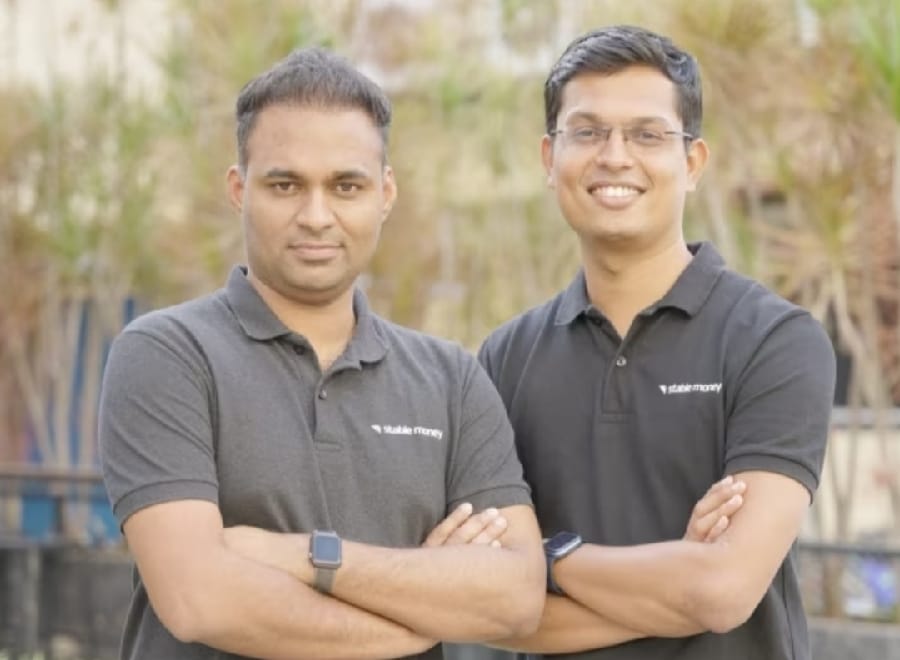




Posted By news desk


Posted By news desk



Posted By news desk



Posted By news desk

Posted By news desk

Posted By news desk





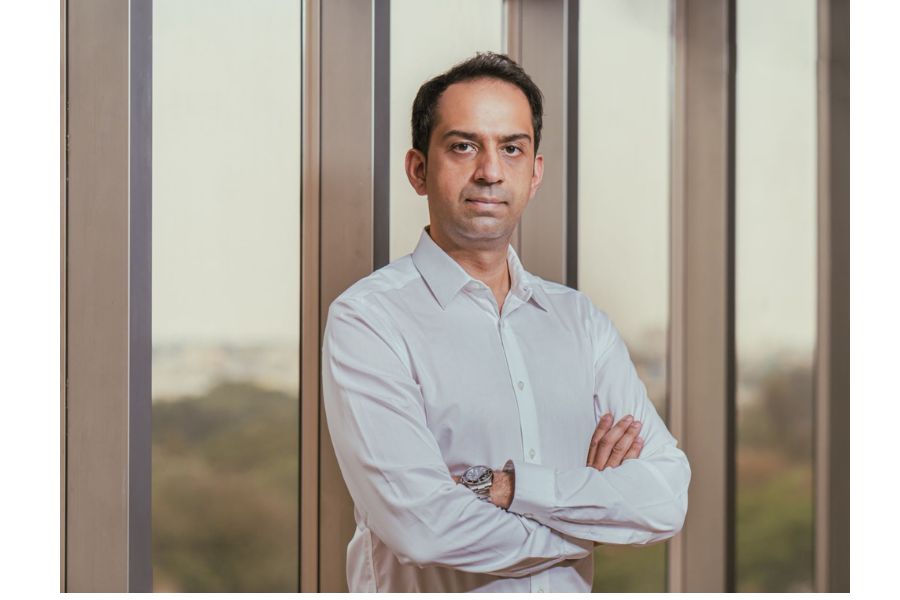




Posted By news desk




Posted By news desk

Posted By news desk




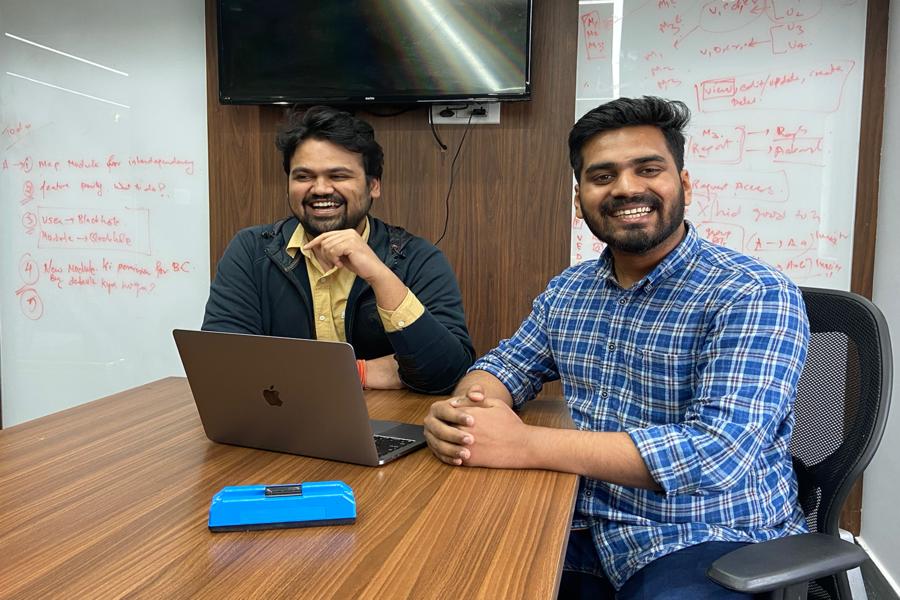


Posted By news desk
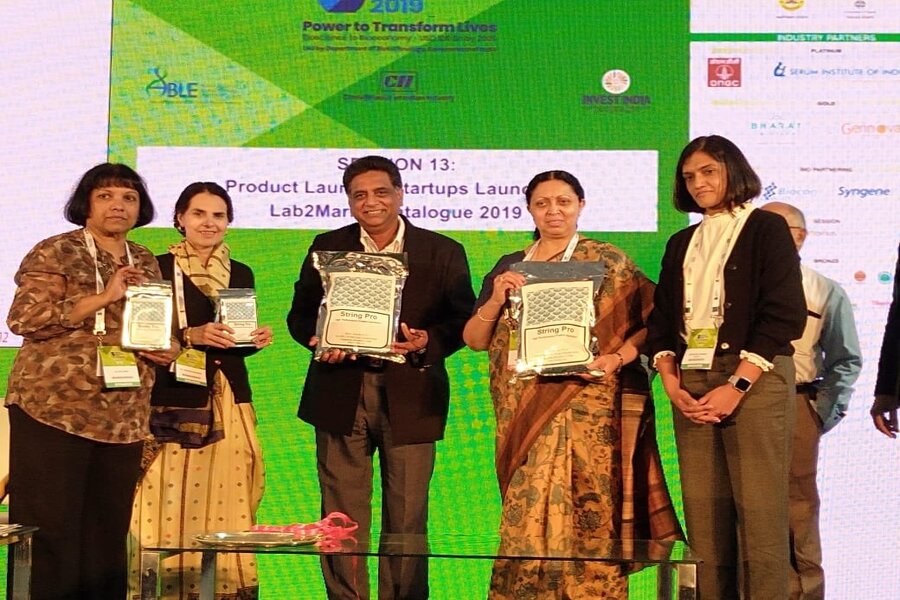



Posted By news desk


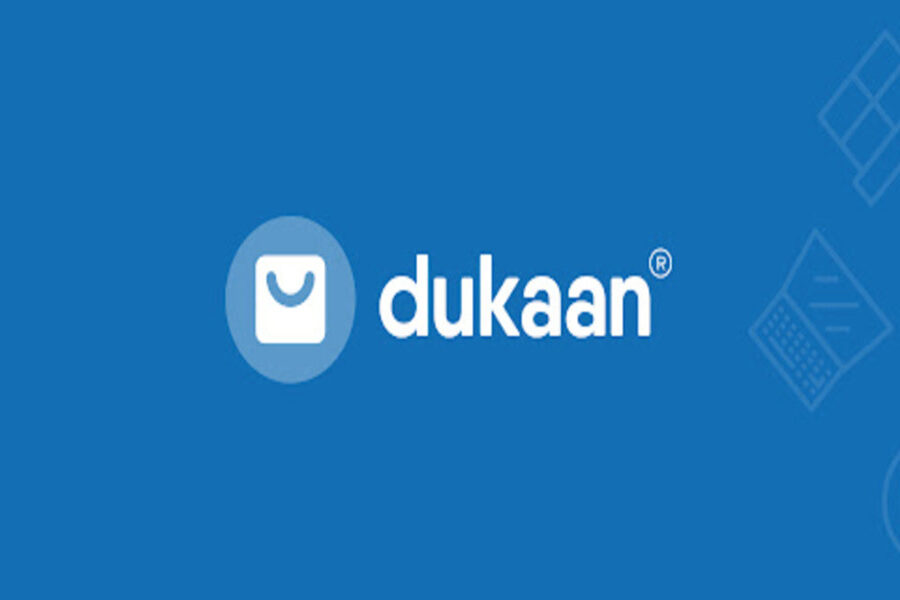

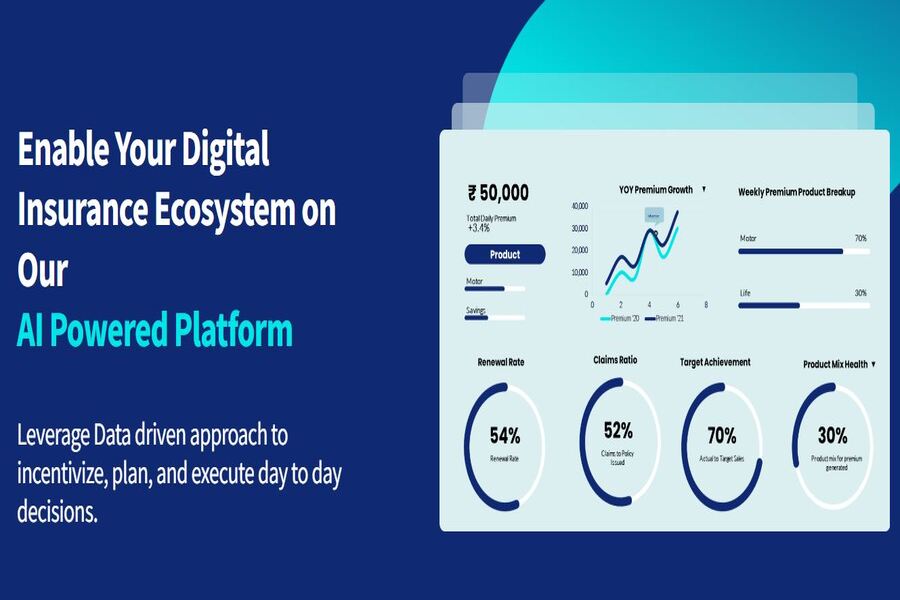





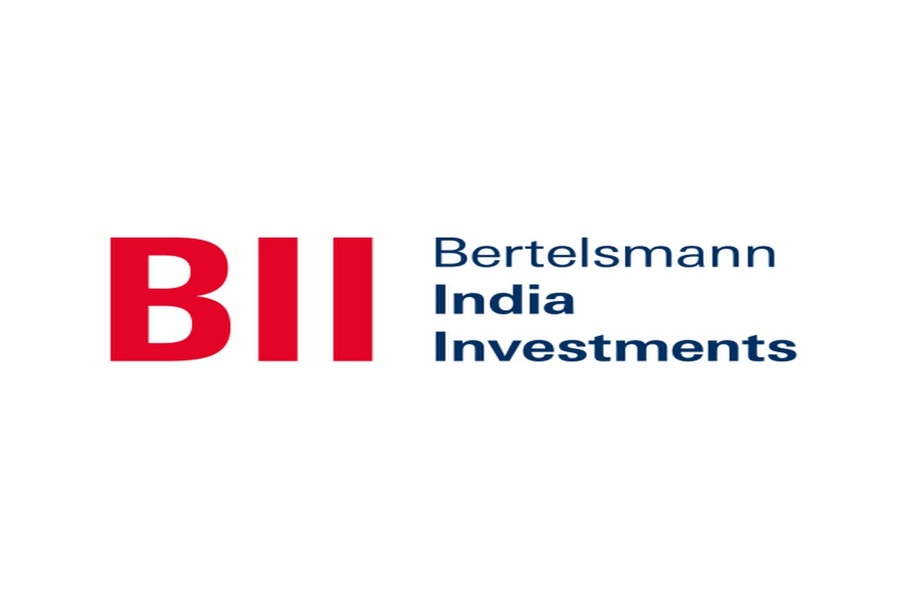











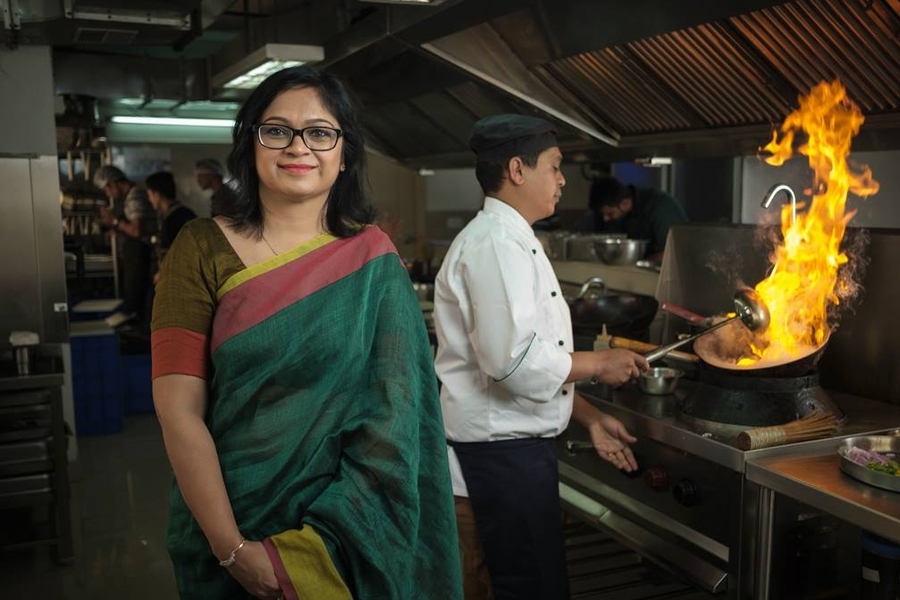














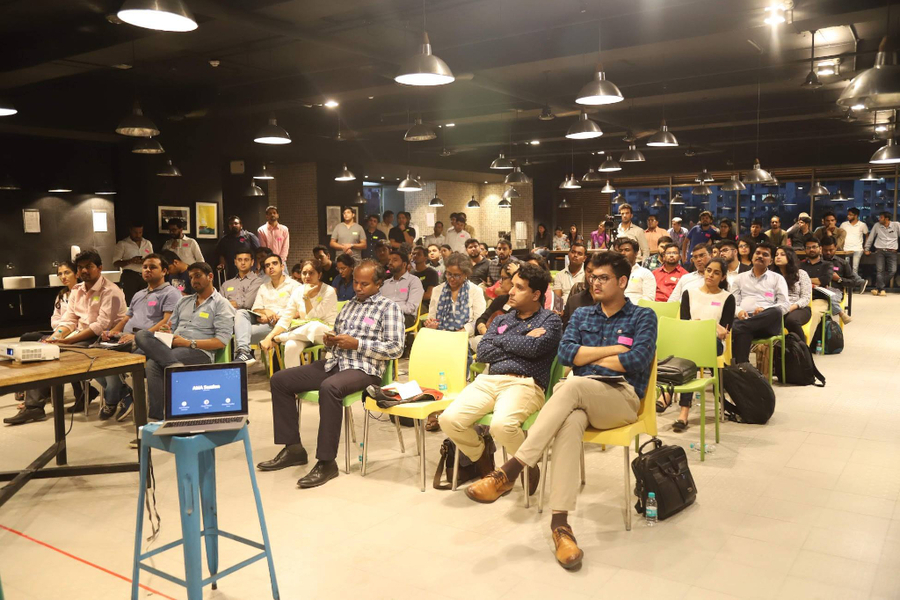


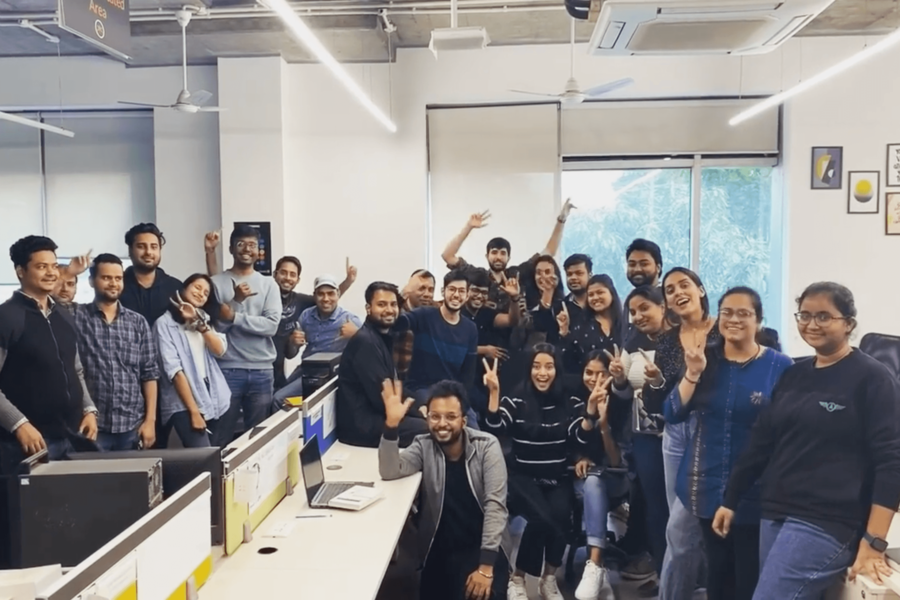











Posted By news desk

Posted By news desk

Posted By news desk

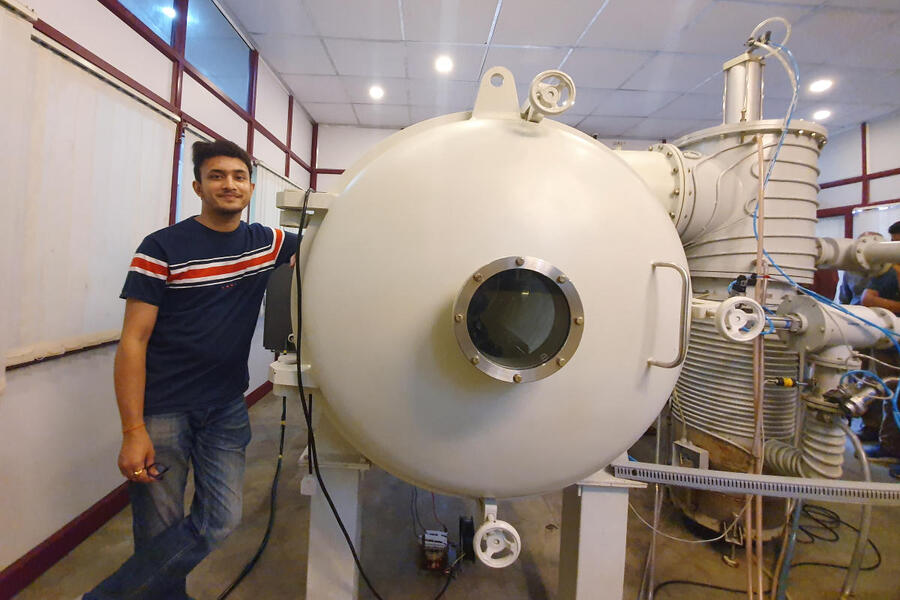







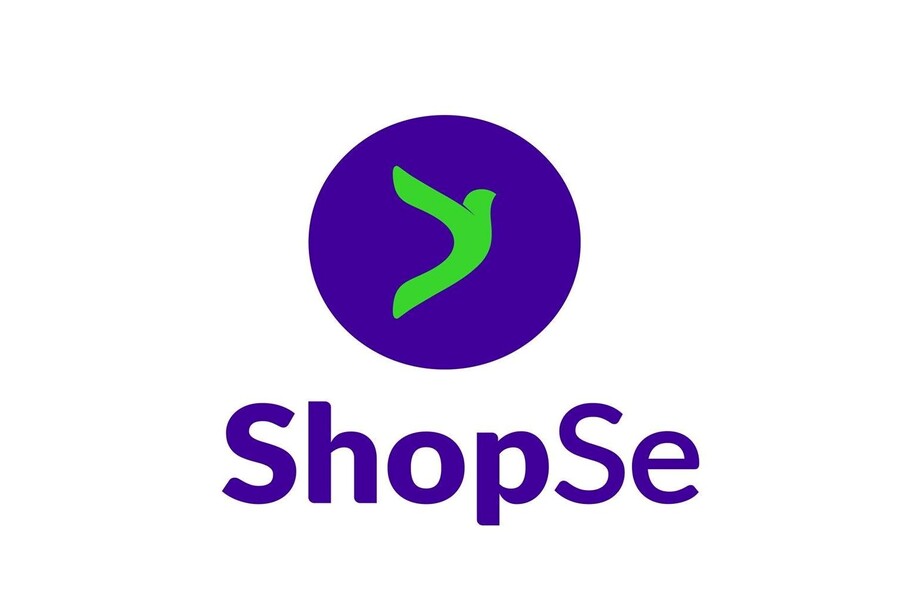




Posted By news desk

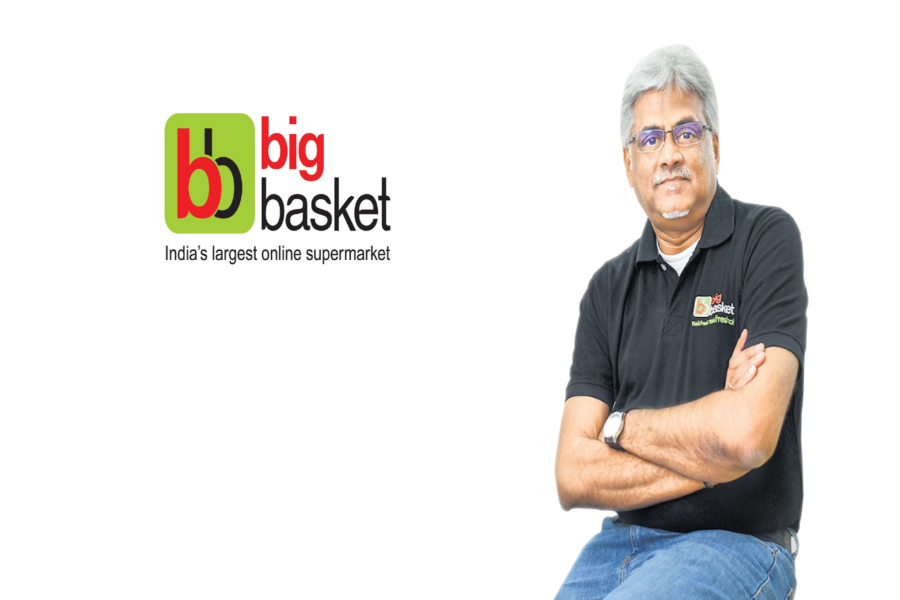










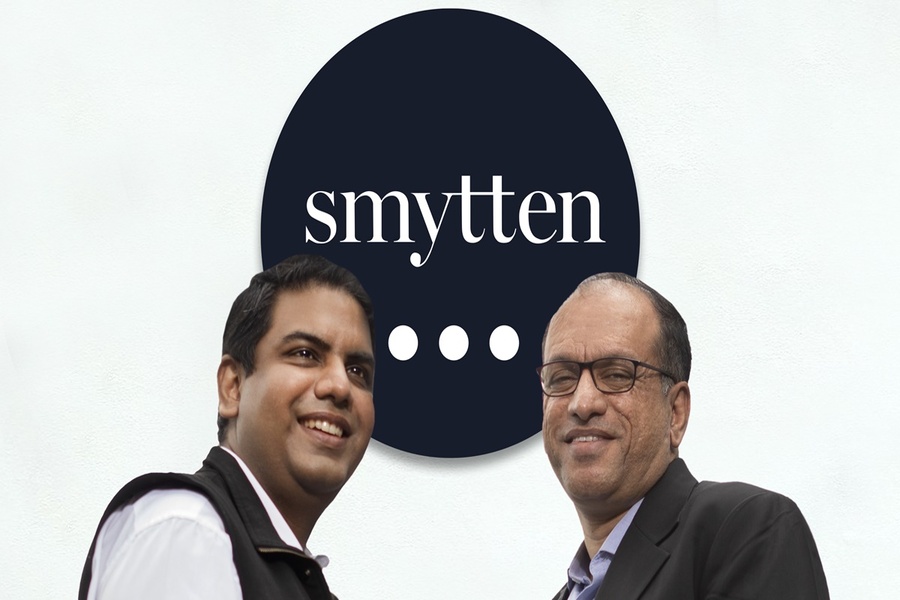



Posted By news desk

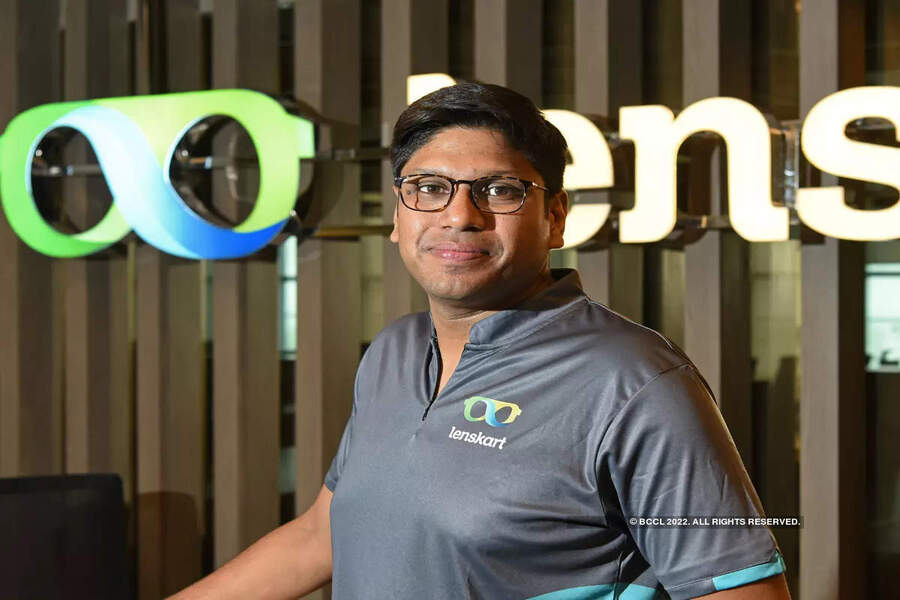
Posted By news desk






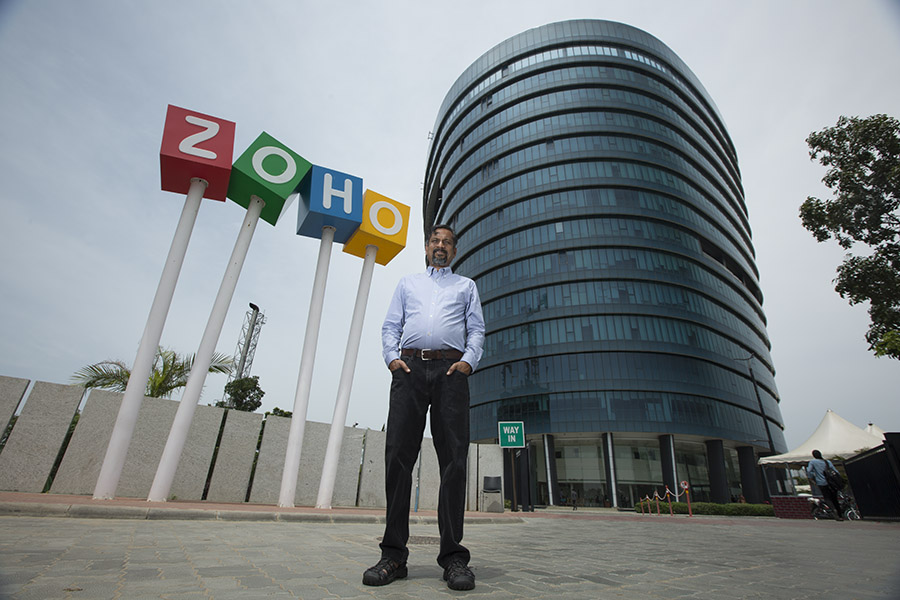




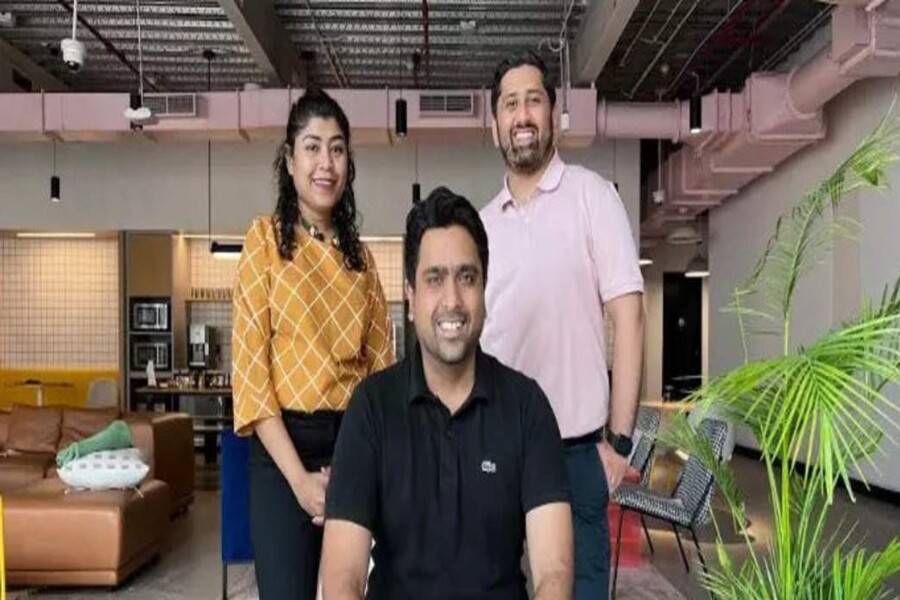
Posted By news desk


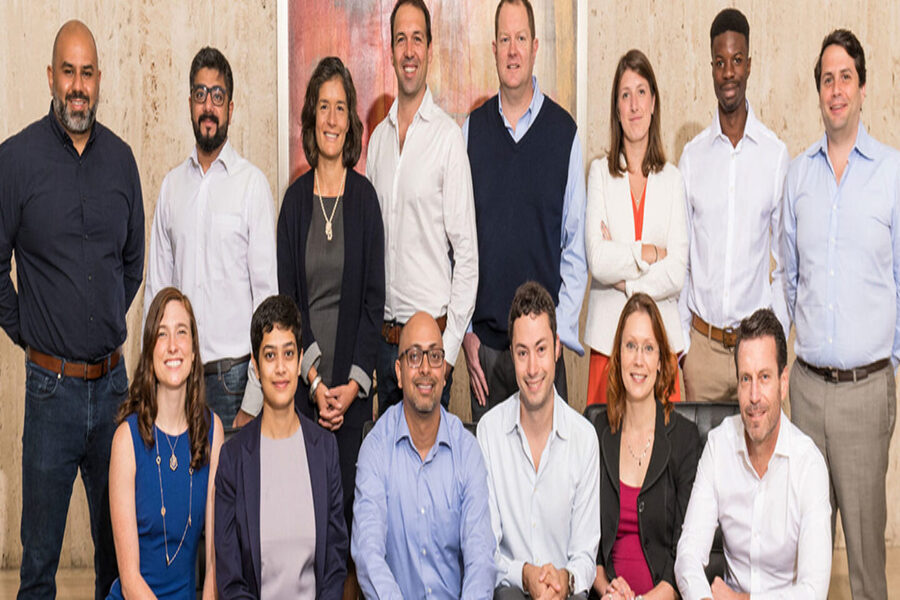


Posted By news desk



Posted By news desk

Posted By news desk

Posted By news desk

Posted By news desk




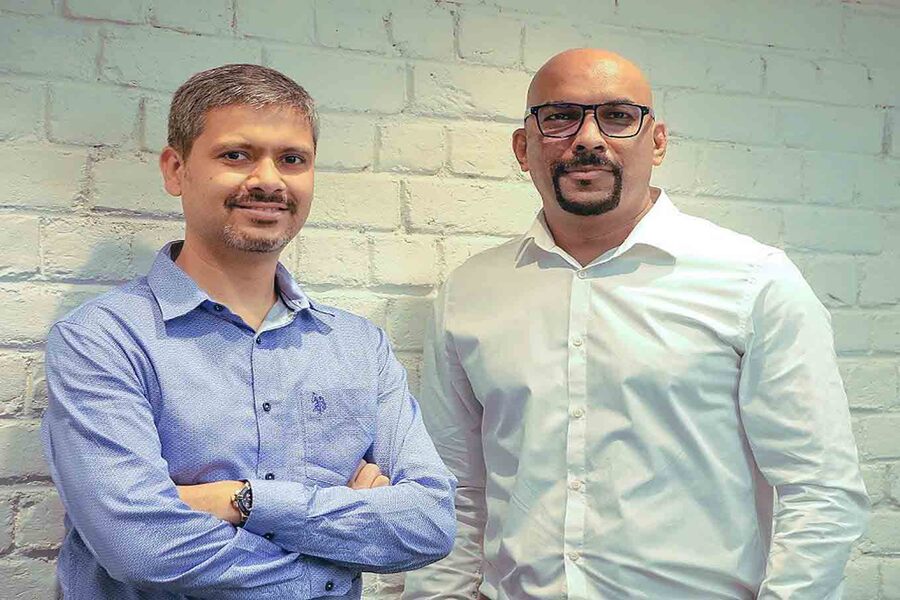


Posted By news desk

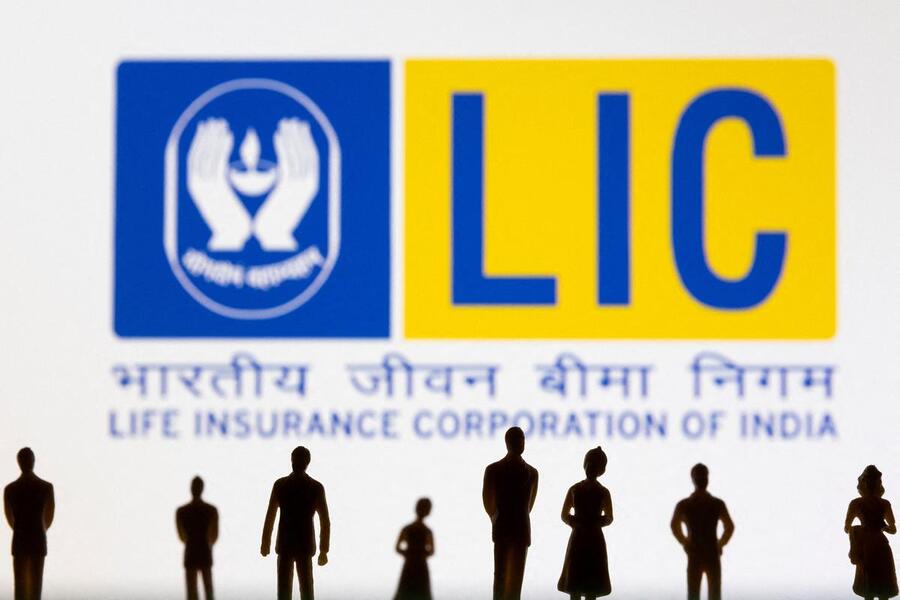

.jpg)
.png)


.jpg)

.jpg)
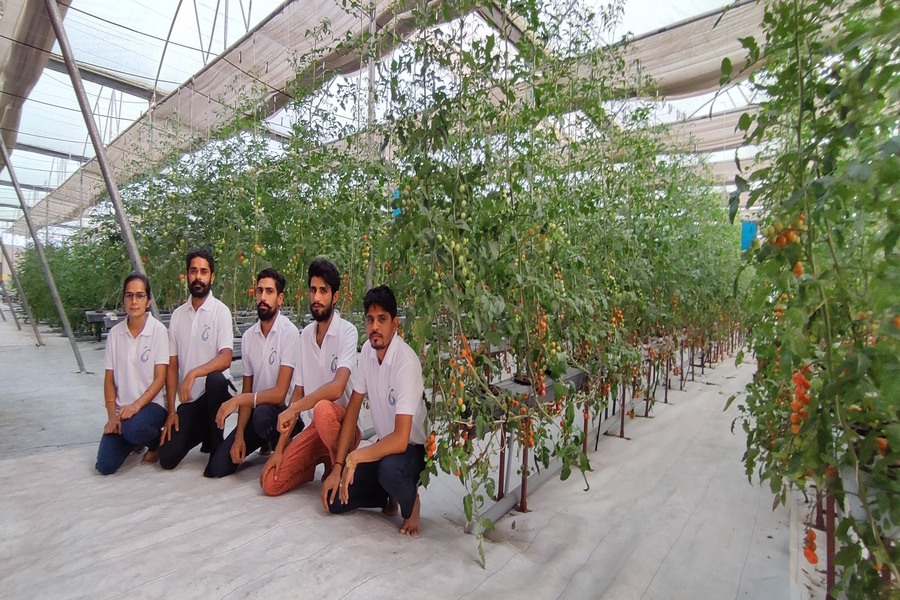

Posted By news desk


Posted By news desk

Posted By news desk


_(1).jpg)
.jpg)

Posted By news desk


.jpg)
_(1).jpg)

Posted By news desk


.png)



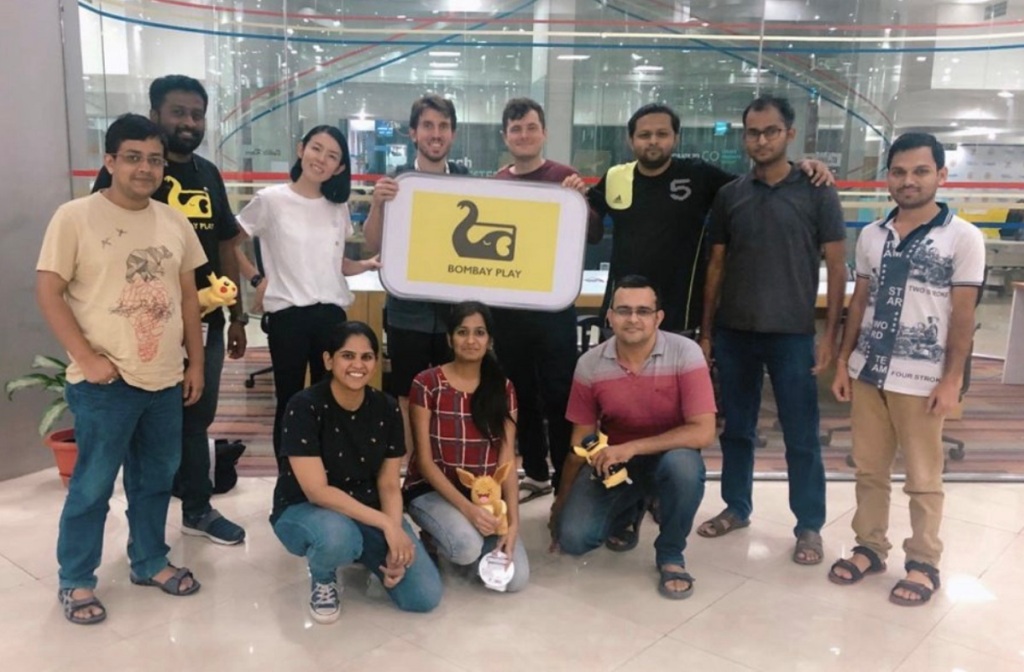


.jpg)



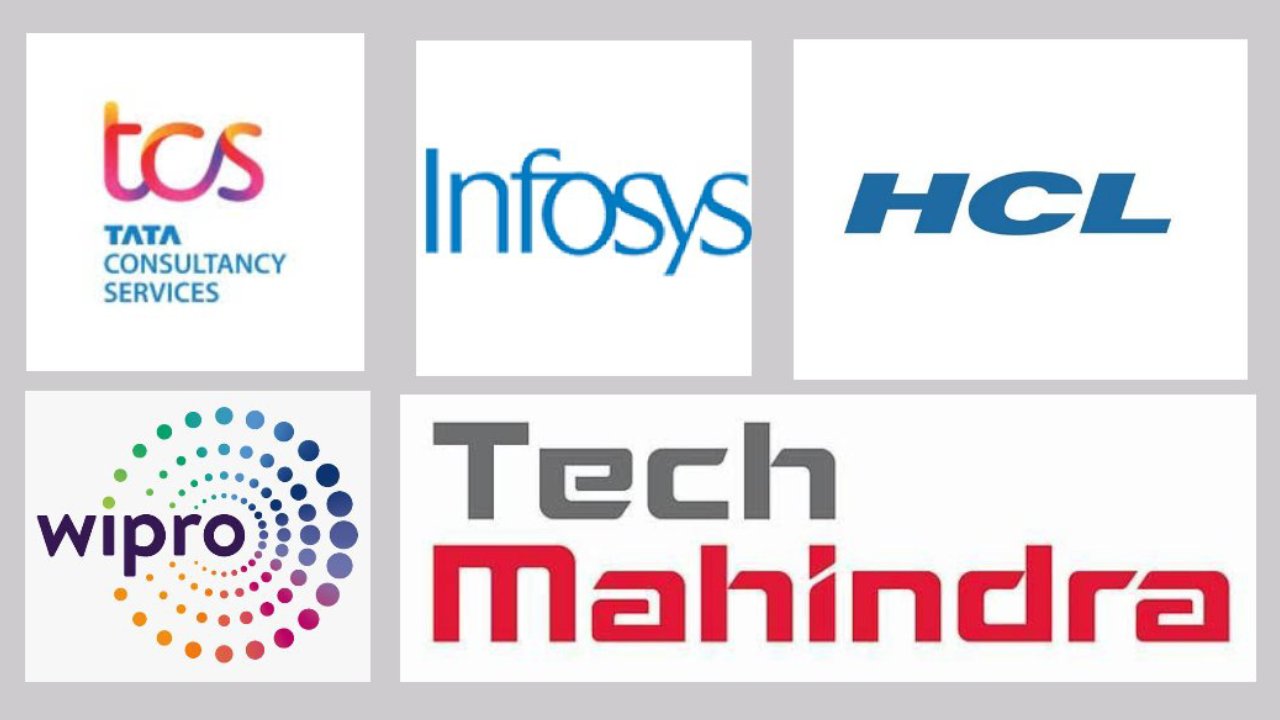



.jpg)
.jpg)
.jpg)

.jpeg)
_(1).jpg)
.jpg)
_(1).jpg)
Posted By news desk
1.jpg)
.jpg)
.jpg)

.png)

.png)
_(1).png)
.jpg)
.jpg)
.jpg)

.jpg)
.jpg)
Posted By news desk
.jpg)
Posted By news desk
_(1).png)
_(1).png)
_(1).jpg)
_(1).jpg)
.png)
_(1).jpg)
.jpg)

.jpg)
_(1).jpg)
.jpg)
_(1).jpg)
.jpg)
.jpg)
_(1).jpg)
.jpg)
.jpg)
.png)
_(1).jpg)
Posted By news desk
.png)
.jpg)
.jpg)
_(1).jpg)

.jpg)
.jpg)
.png)
.jpg)

.jpg)
.jpg)
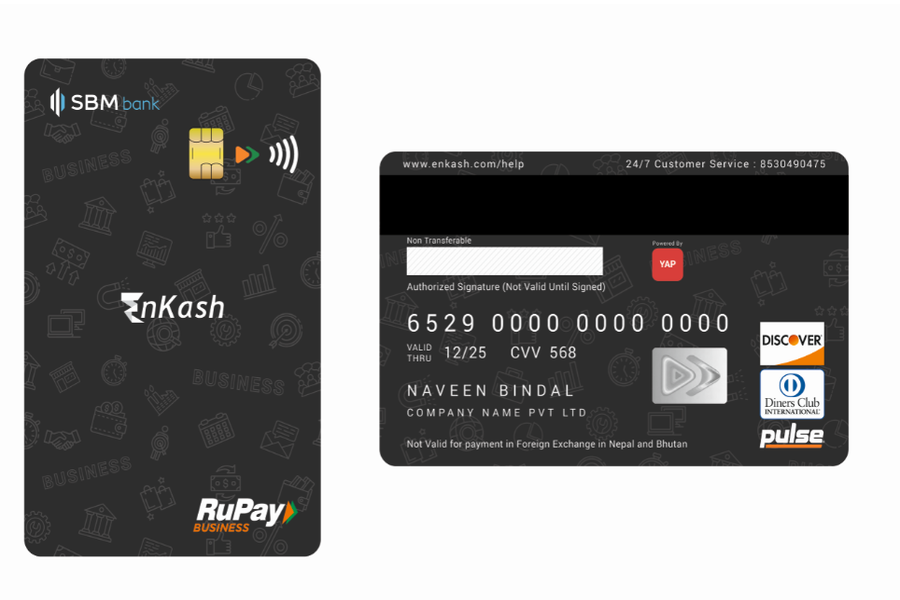
.jpeg)
.jpg)
.jpg)






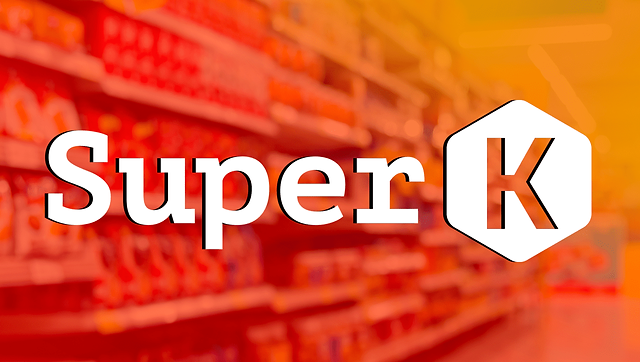



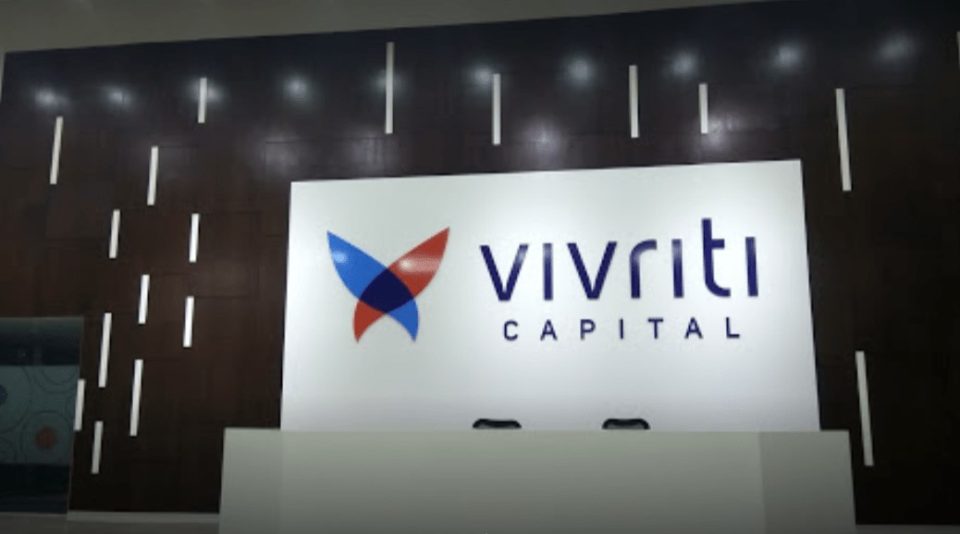






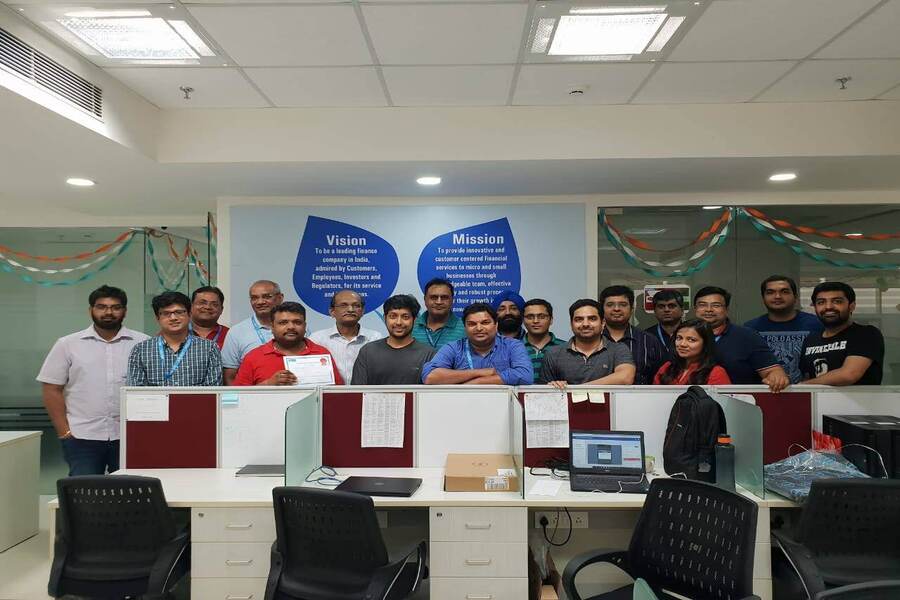
.png)

.jpg)

Posted By news desk
.jpeg)
.jpg)
.jpeg)
Posted By news desk
.jpeg)


.png)


.png)
Posted By news desk
.jpg)
.jpg)
.jpg)
.png)
.jpg)


.jpg)

.jpg)
.png)
Posted By news desk
.jpg)
.jpg)
.jpg)
.png)
.jpg)
.jpg)
Posted By news desk
.jpg)


.jpg)
Posted By news desk
.jpg)
.png)
Posted By news desk
.jpg)
.png)
.jpg)
.jpg)
Posted By news desk
.jpg)
Posted By news desk
.jpg)
.jpg)
.jpg)
.jpg)

.jpg)

_(1).png)
.jpg)
Posted By news desk
_(1).jpg)
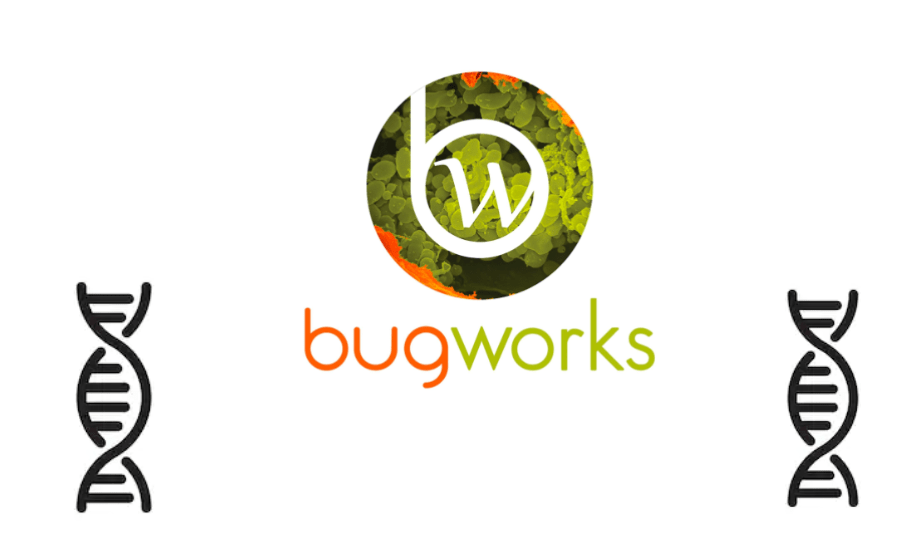
Posted By news desk

